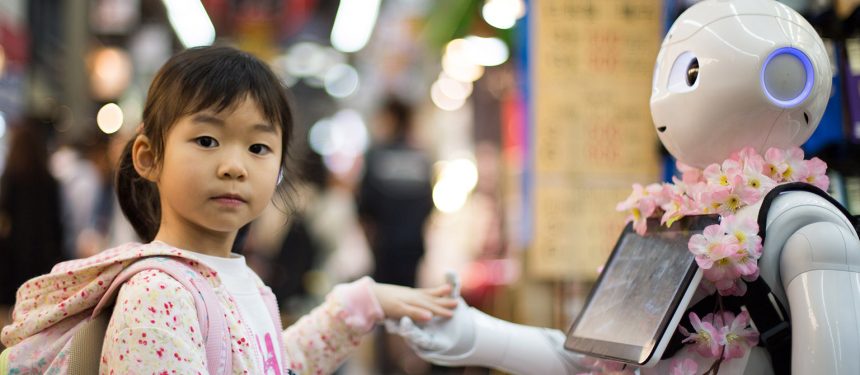Yesterday, I was engrossed in a discussion with a friend about his new teaching job. The stress and intricacies involved in modern day teaching led him to a breakdown on his second week in school. Within these 2 weeks he was exposed to the extremes of the society, from students who thought “shut up” was offensive to drug peddlers selling cocaine in classrooms. Teachers play a far greater role today where the world is quickly running out of role models. Is the sacred profession losing its importance or can we future-proof it?

Teachers have played a major role in raising civilisations around the world. In ancient civilisations, teaching was considered an esteemed profession. From Gurus in ancient India to Amautas in the Incas, teachers were regarded as the wisest and to disrespect your teacher was seen as a grave sin. Yet the smartest men of today are after the wealth while teaching pays little to nothing. Capitalism focuses on securing your intellectual property than sharing it.
The job of teaching has been truly corrupted by capitalism. I was brought up in a free-market teaching economy, where the teachers competed with each other in providing the best private tuitions after school hours. At one point, we thought that the most successful teachers were the ones with the fanciest cars. Europe isn’t safe from these problems either. The secondary school teachers here debate on whether it is worth focusing on the troubled ones or not.
Meanwhile machines have been gobbling up teaching jobs since the dawn of the century. Advanced robots have been used in teaching kids in Japan. Most of today’s classes are online in pandemic-stricken nations like India. How are they any different from say, pre-recorded YouTube videos. During the course of my bachelors and masters programs, I have turned to the internet to understand concepts that my professors were unable to clearly explain. Digital teaching platforms like Byju’s learning app are worth billions of dollars. In science, it is harder to keep up with the technology and one becomes obsolete by lagging behind the rest of the world by just four or five years. The physical work involved in teaching may be taken over by the machines with a far more personalised approach to ensure each student can follow the lessons at his/her own pace. What are the dangers involved in leaving the job of raising a civilisation to machines?
A world where the parents of a child are in pursuit of financial well-being and leave the task of raising him/her to the schools while the schools are focused on machine contact more than social contact is probably going to be a world filled with serial killers. It is really important for the teachers to maintain the sustainability of the world, in terms of the society and the environment. This means ensuring the development of the children’s mental health within a safe bubble before they are corrupted by the world out there.
When the leaders of the governments pay too little attention on schools and their well-being, instead focus on borders and competition, it is a clear sign that their teachers failed at the job. This is not meant to be offensive to the teachers out there but this is the grave reality we live in, which means the teachers need to put in twice the effort they were used to until now. Digital teaching platforms will gobble up the larger share of the education industry. Algorithms will play a bigger role in teaching, from planning to delivery of the lessons at hand. But it is up to the teachers of the world to work against capitalism and it is up to us to work through mentoring and alternative programs to keep the idea of sharing knowledge alive.